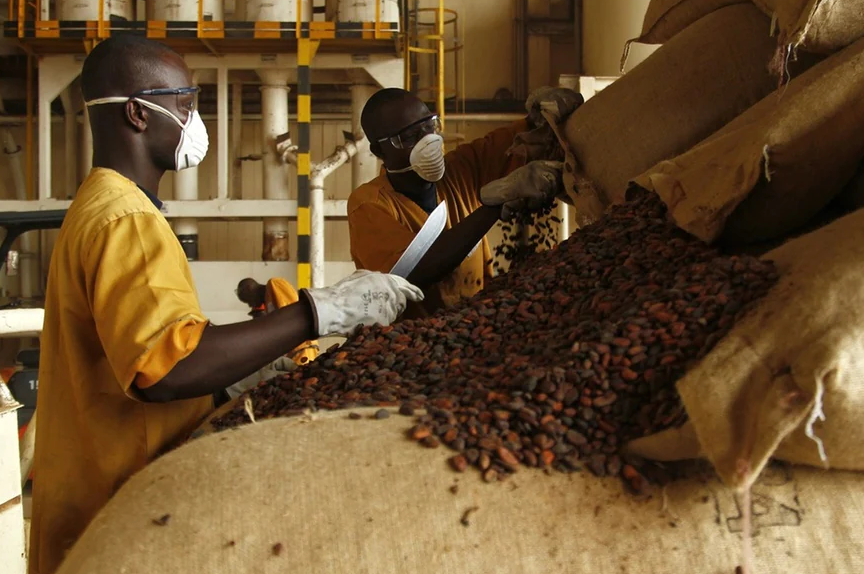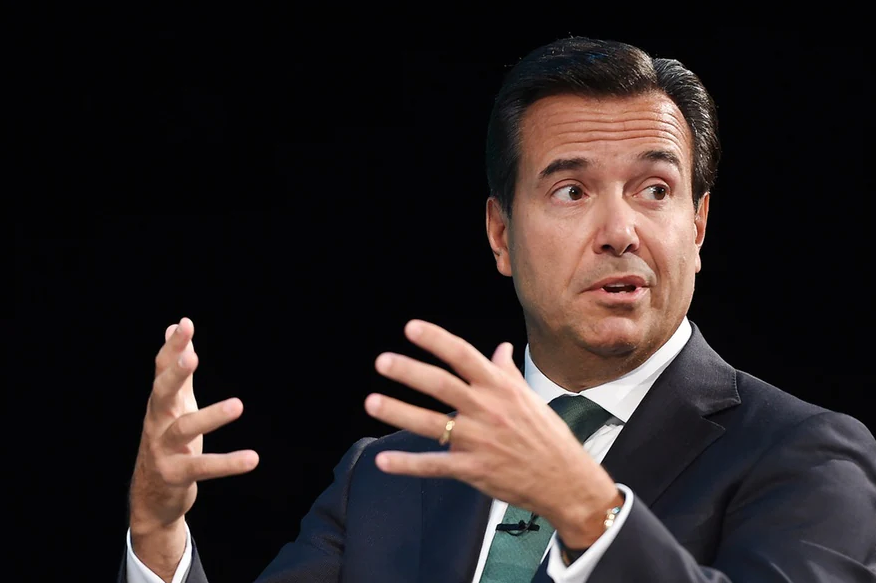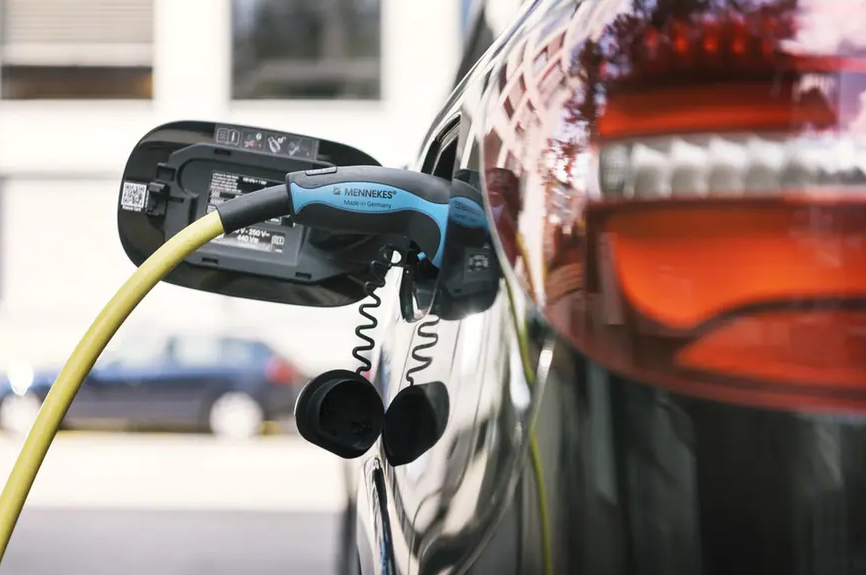Adding value to cocoa can bring in more revenue for West African producers. Keystone / Legnan Koula In a bid to grab a bigger slice of the chocolate pie, cocoa-producing countries Ivory Coast and Ghana are turning to China for funding and a new marketplace. The move could pose a threat to the Swiss chocolate industry’s profit margins and its supply of raw materials. Despite the Covid-19 pandemic, VIPs in smart suits and traditional Ivorian dress gathered at an industrial site on the outskirts of Abidjan in September last year. They were there to witness Ivory Coast President Alassane Ouattara lay the cornerstone of a cocoa factory that will be capable of processing 50,000 tons of cocoa beans a year. An official press release said the opening marked “a new chapter”
Topics:
Swissinfo considers the following as important: 3.) Swissinfo Business and Economy, 3) Swiss Markets and News, Business, Featured, newsletter
This could be interesting, too:
Nachrichten Ticker - www.finanzen.ch writes Die Performance der Kryptowährungen in KW 9: Das hat sich bei Bitcoin, Ether & Co. getan
Nachrichten Ticker - www.finanzen.ch writes Wer verbirgt sich hinter der Ethereum-Technologie?
Martin Hartmann writes Eine Analyse nach den Lehren von Milton Friedman
Marc Chandler writes March 2025 Monthly
In a bid to grab a bigger slice of the chocolate pie, cocoa-producing countries Ivory Coast and Ghana are turning to China for funding and a new marketplace. The move could pose a threat to the Swiss chocolate industry’s profit margins and its supply of raw materials.
Despite the Covid-19 pandemic, VIPs in smart suits and traditional Ivorian dress gathered at an industrial site on the outskirts of Abidjan in September last year. They were there to witness Ivory Coast President Alassane Ouattara lay the cornerstone of a cocoa factory that will be capable of processing 50,000 tons of cocoa beans a year. An official press release said the opening marked “a new chapter” in the West African country’s cocoa history.
Instead of selling the raw beans to foreign commodity and processing firms – like the Swiss company Barry Callebaut – the new factory will allow Ivory Coast to make more money processing the beans locally and selling “value-added cocoa”. Ivory Coast aims to process all of its raw cocoa beans by 2025; it currently processes about 35% within its borders.
Chinese investment
The Ivorian cocoa processing project also includes another factory of similar size and capacity in the port city of San Pedro west of Abidjan. The investment will be financed by a loan from China worth 216 billion CFA francs (CHF354 million, $388 million). Also part of the contract are two storage warehouses offering a total of 300,000 tons capacity, which will be used to store cocoa beans for sale at an optimal price when demand is high.
Ivory Coast is not the only country seeking Chinese assistance to boost cocoa revenues. In September 2019, neighbouring Ghana signed a memorandum of understanding with the Chinese state-owned conglomerate China General Technology Group (Genertec) for the construction of a cocoa processing plant at Sefwi Wiawso in western part of the country. The factory will be operated by Cocobod (the Ghanaian cocoa board) and Genertec, as a public-private partnership. The factory is expected to cost around $100 million (CHF91 million) and will increase Ghana’s share of processed cocoa from 15% to 25%.
New strategy
The tilt towards Chinese investment as well as the shift away from supplying unprocessed cocoa to Western buyers like Barry Callebaut, Olam and Cargill is a strategic one. The Covid-19 pandemic has decreased demand in the main chocolate-consuming markets of Europe and the United States. Last year’s addition of an extra levy $400 per ton of cocoa meant to benefit farmers (called a Living Income Differential) was therefore ill-timed, and Ivory Coast had to offer discounts to shift existing stocks, which effectively wiped out any gains from the levy. West Africa is expected to increase cocoa production in the coming months due to good weather, which will further depress prices.
“Cocoa production in [Ivory Coast] and Ghana is envisaged to reach unprecedented volumes,” warned the International Cocoa Organization in its latest monthly report. Similar conditions – surplus due to good weather combined with tepid demand – in the 2016-2017 season resulted in the lowest prices in a decade.
It’s clear that Ivory Coast and Ghana must intervene to get decent prices for their cocoa amid a surplus of produce and low global demand. Both are betting on offering semi-finished cocoa products that fetch higher prices than raw beans, which could potentially double their export revenues.
West Africa is also keen on selling processed cocoa to the Chinese market and it appears that the feeling is mutual. As part of the cocoa deal, China will obtain preferential access to Ivory Coast’s “brown gold” with 40% of the output from the two factories reserved for Chinese companies. The Ivorian cocoa board will also open a marketing office in China to promote its offerings there.
Even though the per capita Chinese consumption of chocolate is low (under 100g per year), sales have been increasing for Swiss companies. Barry Callebaut’s sales volumes for the Asia Pacific (includes China) grew by 7.4% in 2019/2020 in contrast to a global decline of 2% while Lindt & Sprungli saw organic sales growth of 10.1% in China in 2020 compared to an overall drop of 6.1%.
Price to pay
Like most global players, China uses loans and infrastructure projects to gain influence and access to new markets. China also has a history of using cocoa as collateral in infrastructure deals to guarantee repayments. It is likely that its share of 40,000 tons of cocoa per year from the new processing plants in Ivory Coast could be required as security for the loan. China laid claim to a similar quantity of cocoa from Ghana as security against a loan for the construction of the Bui dam from 2006 to 2013.
Loans from China are also usually tied to the use of Chinese goods and services. For example, the contract for all the construction work of the processing plants and storage warehouses will go to China Light Industry Design Engineering Company (a subsidiary of China Haisum Engineering). According to a report in the French publication Africa Intelligence, the Ivorian cocoa board has complained about the Chinese contract and says it has no access to the construction site. The board wants local firms to be involved in the construction and has reportedly asked President Ouattara to intervene.
Competition and fewer raw materials for Switzerland
If Ghana and Ivory Coast’s new strategy to produce finished cocoa is successful, they will be competing directly with Swiss commodity firms and processors like Barry Callebaut, especially in China. The company has invested steadily in China – including in creating a chocolate culture through marketing – for over a decade. It has a local factory and a sales office in Suzhou, as well as three sales offices and Chocolate Academy Centres (where over 5,000 Chinese craftsmen have been trained in chocolate preparation) in Shanghai, Beijing and Shenzhen. When approached by SWI swissinfo.ch, Barry Callebaut did not wish to comment on how this would impact their bottom line.
Ghana and Ivory Coast’s bid to process more cocoa locally could also make it harder for foreign firms to procure raw cocoa beans, affecting Swiss supply chains and profit margins. With less raw supply available from West Africa, chocolate manufacturers like Nestlé and Lindt may be faced with higher prices for raw materials like cocoa butter and are likely to pass the extra cost on to consumers. Nestlé currently sources 46% of its raw cocoa from Ghana and Ivory Coast, while Ghana is Lindt & Sprungli’s “major cocoa bean origin”.
New opportunities
But there is also a business opportunity for Swiss companies in the Ghanaian and Ivorian drive towards value addition. In June, Swiss food processing equipment firm Bühler signed an agreement with the Ghanaian cocoa board to provide training, product development and technology guidance. When approached by SWI swissinfo.ch, Bühler did not wish to share how much the partnership is worth.
Joseph Boahan Aidoo, the CEO of Ghana’s cocoa board, said at the signing ceremony with Bühler on June 22 that the Swiss company’s involvement would be part of his country’s “move from traditional cocoa production to a modern way of cocoa production”.
Aidoo also made a case for bilateral support from Switzerland while Swiss cabinet minister Simonetta Sommaruga was on an official visit to Ghana last month. He encouraged Switzerland to take a leaf out of China’s book by strengthening its economic ties with Ghana through partnerships that would allow for the production of finished or semifinished processed cocoa for the international market.
Tags: Business,Featured,newsletter









